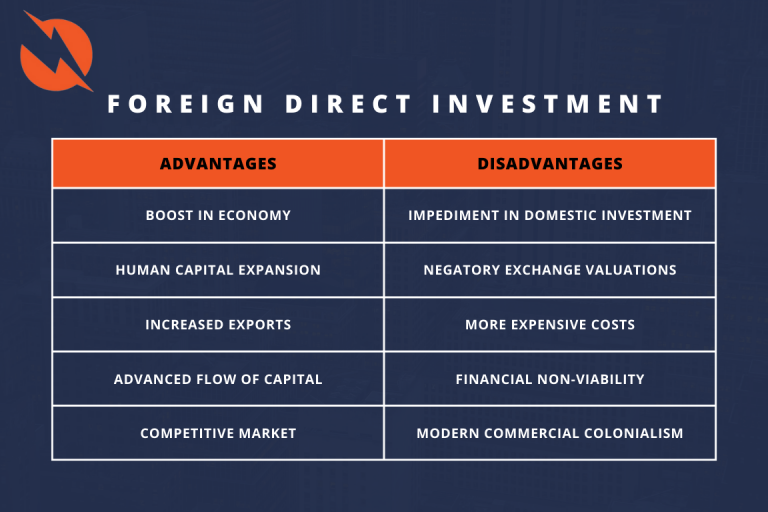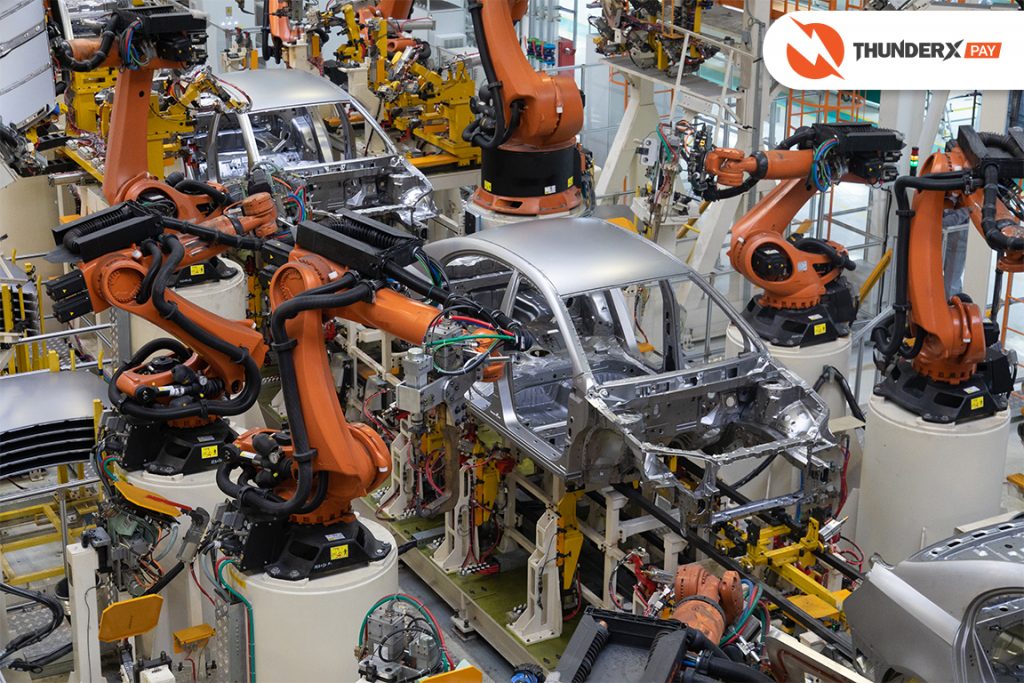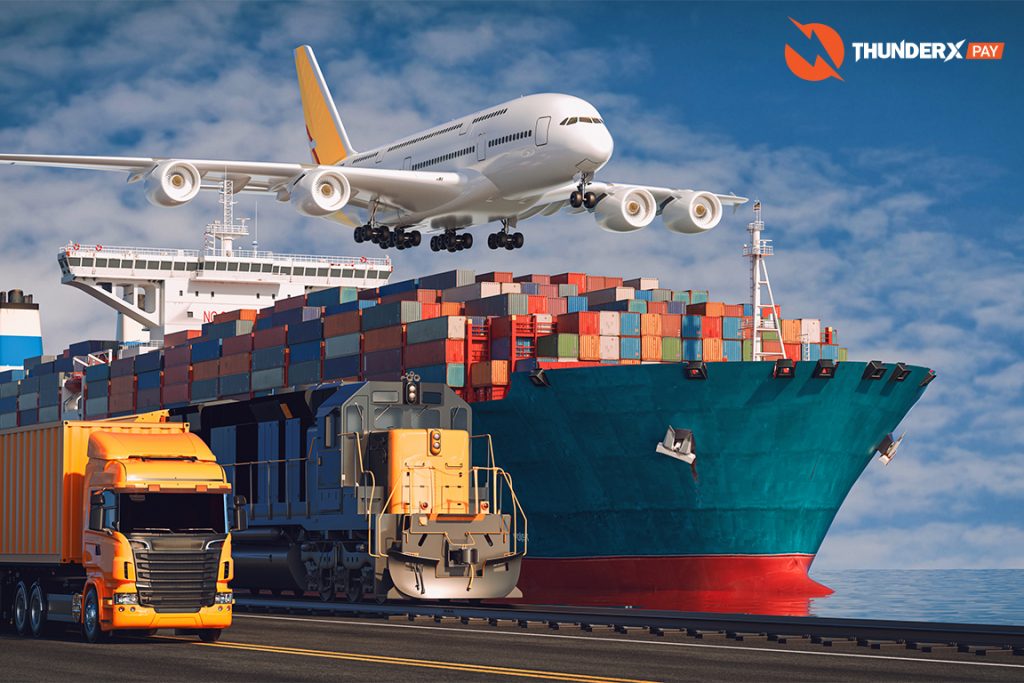Foreign Direct Investment (FDI) is a scheme used when any individual or company holds at least a 10% share of any foreign company. It is also described that the investment made by any individual or firm in countries apart from the country of their origin. FDIs are distinct from portfolio investments as they involve a long-term relationship and control of the investee’s company. Multinational corporations (MNCs) and multinational enterprises (MNEs) are two common names for foreign direct investors.


The main purpose of FDIs is to gain new markets and access to natural resources, labor, and technology. By investing directly in another country, companies are able to avoid the tariffs and other trade barriers between their home country and the target market. Additionally, FDI allows companies to benefit from the lower costs associated with production in developing countries. FDIs can be made through various mechanisms, such as setting up a new subsidiary or joint venture, acquiring an existing company, or investing in real estate.
In accordance with the main purpose of FDIs, they can help maintain stable foreign exchange reserve levels. The same factors that make FDI effective at promoting stable, long-term lending in equity markets can also apply to currency and bond markets.’
Types of Foreign Direct Investment
- Horizontal Investment: A horizontal direct investment refers to the investor establishing the same type of business operation in a foreign country as it operates in its home country. Example: Apple based in the United States opens stores in India which would be called horizontal investment. Also, Coke, Pepsi, Samsung, HSBC, etc expanded internationally by way of horizontal FDI.
Vertical Investment: A vertical investment is one in which different but related business activities from the investor’s main business are established or acquired in a foreign country. There are 2 types of Vertical FDIs which are Forward Vertical FDI and Backward Vertical FDI
- Forward Vertical FDI: In this, the FDI brings the company nearer to a market. For example, Toyota bought a car distributorship in America.
- Backward Vertical FDI: In this, the international integration goes back towards raw materials. For example, Toyota gets a majority stake in a tire manufacturer or a rubber plantation.
Conglomerate Investments: A conglomerate type of foreign direct investment is one where a company or individual makes foreign investment in a business that is unrelated to its existing business in its home country.
Platform FDI: a business expands into a foreign country but the output from the foreign operations is exported to a third country. This is also referred to as Export-Platform FDI. For example, if Ford purchased manufacturing plants in Ireland with the primary purpose of exporting cars to other countries in the EU.
It is categorized based on how it enters the other country which is Subsidiary or Associate Company, Merger or Acquisition, and Greenfield Investment.


Subsidiary or Associate Company: One way to enter another country’s market is by setting up a subsidiary in another country. That would help in getting access to other country markets and using its resources for e.g., affiliate and subsidiary banks are the most popular setups for foreign market entry.
Merger or Acquisition: Another way to enter a country is by merger. For e.g., Sun pharma acquisition of Ranbaxy.
Greenfield Investment: FDI is made in new/upcoming facilities. They are the main area of interest for the host nation as it boosts expansion, economy, jobs, and technological advances. Eg. Walmart is opening retail stores in India.

Advantages of Foreign Direct Investment (FDI)
FDI offers benefits to both the host country receiving FDI equity inflows and the foreign investors by the following:
- Boost in Economy: One of the major significant reasons a country (especially a developing nation) attracts foreign direct investment is due to the creation of jobs. FDI increases the production and services sector, which creates jobs and helps to decrease unemployment rates in the said country. Elevated employment explicates higher incomes and awards the population with added buying powers, advancing the overall economy.
- Human capital expansion: Human capital is concerned with the knowledge and subsistence of any workforce. Employees’ various skills gained through different training and practices can advance a particular country’s education system and human capital. Through a prolonged impact, it helps to train individual resources in other areas, trades and companies.
- Increased exports: Many assets produced by the FDI have global markets, and they are not solely based on domestic consumption. The production of 100% export-oriented segments helps to serve FDI investors in supporting exports from other foreign countries.
- Advanced Flow of Capital: The capital inflow is especially beneficial for countries with limited domestic resources and limited chances to raise stocks in the global capital market.
- Competitive Market: By promoting the entrance of foreign organizations into domestic markets, FDI advocates the creation of a competitive environment and breaks domestic trusts.
Disadvantages of Foreign Direct Investment (FDI)
Despite many advantages, foreign direct investment has some disadvantages that are outlined below:
- Impediment in domestic investment: At times, FDI can interfere with domestic investments. Due to FDI, countries’ local businesses begin losing interest in financing their household assets.
- Negatory exchange valuations: Foreign direct investments can seldom affect exchange rates to the benefit of one country and the disadvantage of another.
- More expensive costs: When investors invest in businesses in foreign counties, they may notice an increased expense than domestic exported goods. Frequently, more money is invested into motors and intellectual resources than in earnings for local workers.
- Financial non-viability: Acknowledging that foreign direct investments may be capital-intensive from the point of view of investors, they can at times be very dangerous or economically non-reliable.
- Modern commercial colonialism: The third world with a history of colonialism is often troubled that foreign direct investment would end in modern economic colonialism, revealing host countries and leaving them defenseless to oppression by foreign companies.
Importance of FDI
Foreign direct investment is critical for developing and emerging market countries. Their companies need multinational funding and expertise to expand their international sales. Their countries need private investment in infrastructure, energy, and water to increase jobs and wages. In addition, The UN has also promoted the use of FDI to combat the impacts of climate change



The Case study
In 2022, Vietnam will prioritize investment projects in high technology, supporting industry and digital economy innovation, especially in the automotive industry, to create favorable conditions for Vietnamese enterprises to participate in the value chain. Vietnam will move to attract large enterprises and corporations with high technology, says Nguyen Anh Tuan, deputy director of the Ministry of Planning and Investment’s Foreign Investment Agency.
Published 26/09/2022
By Ashley Jones

